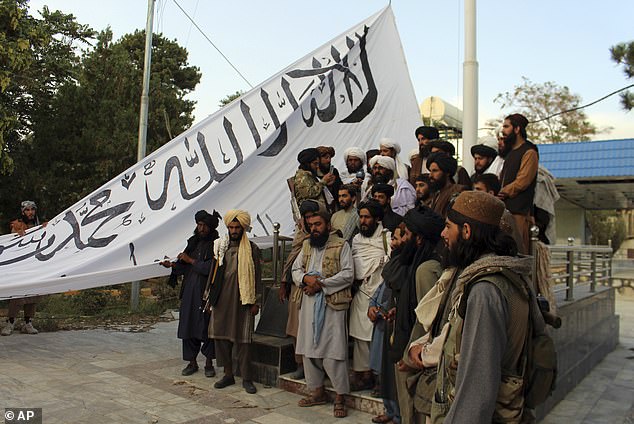The British Embassy in Kabul has blocked 35 Afghan students from taking up prestigious scholarships sponsored by the UK government at British universities in September because the embassy can no longer administer their visas.
The Afghans had been selected among thousands of applicants for the prestigious Chevening scholarship, a UK grant which offers students from across the world the chance to study at UK universities.
But, after a year-long application process, the students were told that the UK Foreign Office had decided with ‘deep regret’ to pause this year’s Chevening scholarship in Afghanistan.
Despite fears among the students that their scholarships could make them targets of the Taliban, the Foreign Office said it was deferring their Chevening scholarships for a year.
The students were given the news this month in a letter from the British ambassador to Kabul, Sir Laurie Bristow.
“After careful deliberation, the Foreign, Commonwealth and Development Office has with deep regret decided to pause the Chevening programme in Afghanistan for the academic year 2021-2022,” the letter said.
“Current circumstances mean that the British embassy in Kabul is unable to administer the parts of the programme that must be done in Kabul in time for candidates to begin their courses this year. We are very sorry, as we know this will be a huge disappointment to you.”
The move has prompted outrage, with David Lidington and Rory Stewart, two former Conservative cabinet ministers, calling on Dominic Raab, the foreign secretary, to intervene.
A spokesperson for the Foreign Office said: “Current circumstances in Afghanistan mean the embassy cannot administer the parts of the programme which must be done in Kabul. We have therefore paused the Chevening programme there. All of this year’s scholars will be allowed to start the course next year instead.”
It is gathered that the Kabul elements of the programme that the embassy can no longer complete include travel administration and visa processing.
On Thursday the students held a virtual meeting with officials in the UK embassy in Kabul. The students put forward alternatives for the final administration of their scholarships, including having their visas processed in a third country. These options were rejected by the embassy.
The students are unwilling to speak publicly about their situation, anxious not to jeopardise their scholarships, but also out of fear of being identifiable to the Taliban.
Several of the students are members of vulnerable ethnic and religious minorities, some have previously been displaced by Taliban violence, and their association with British universities could make their particular targets.
Students are hopeful their scholarships will only be deferred but they are deeply concerned it could be impossible to leave Afghanistan in a year’s time.

